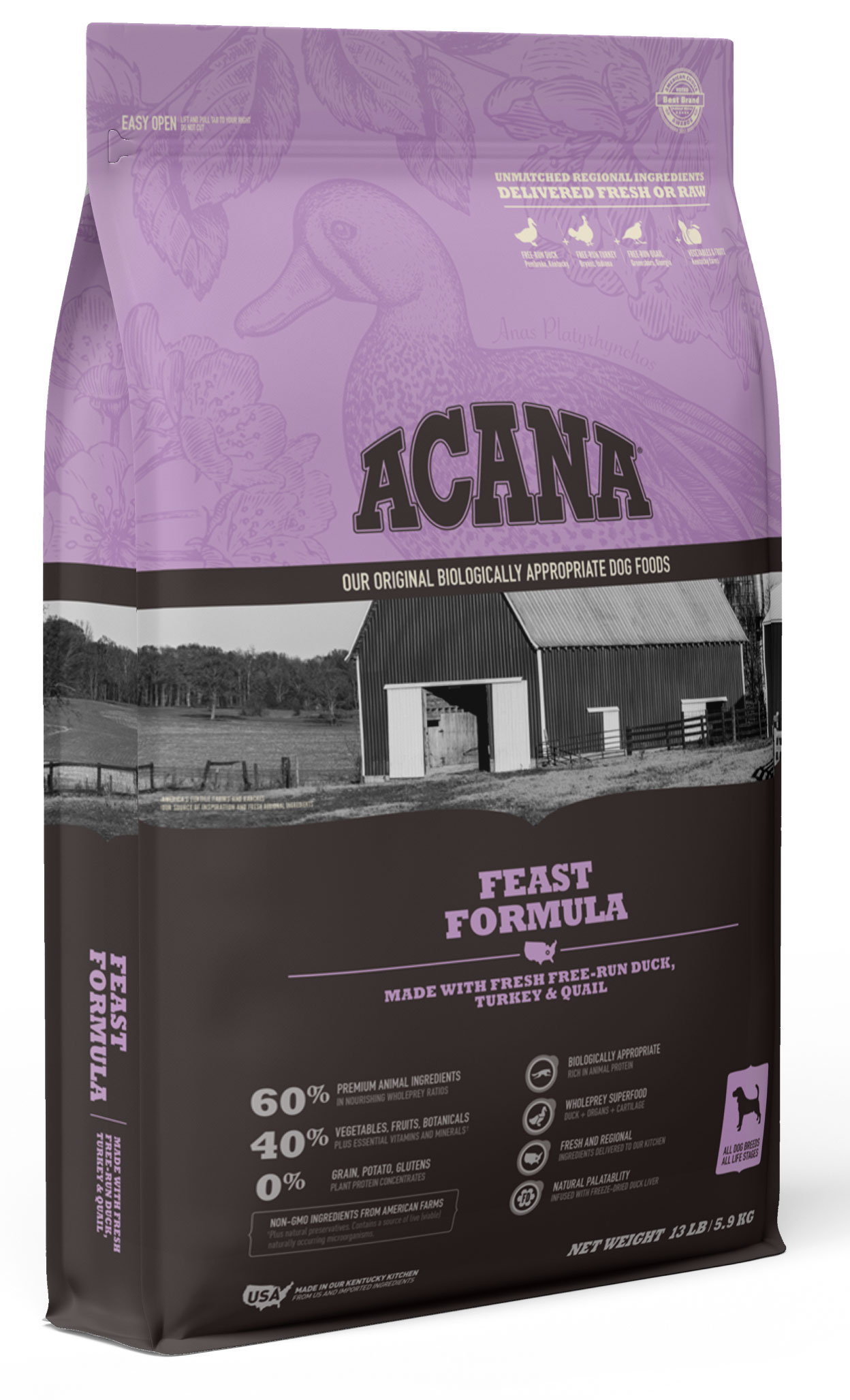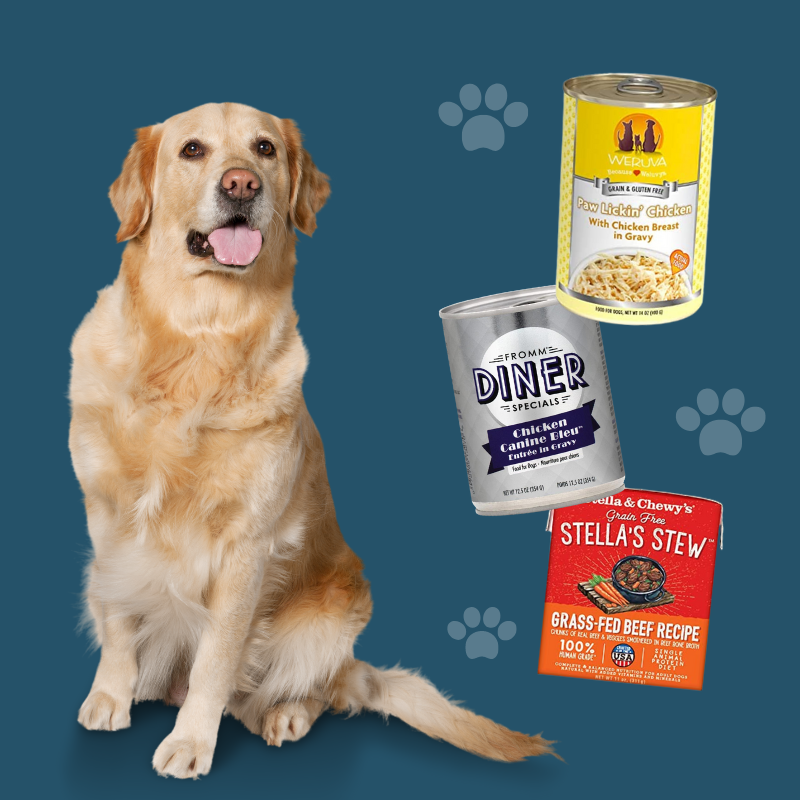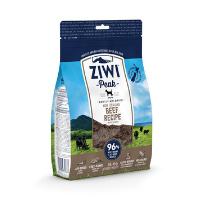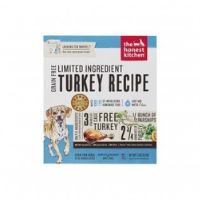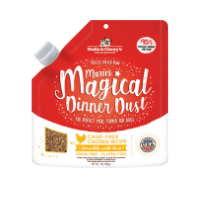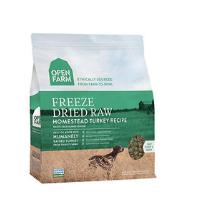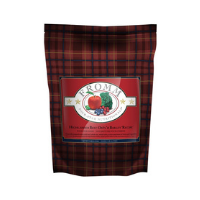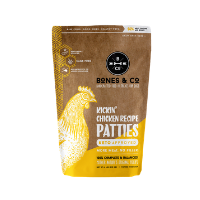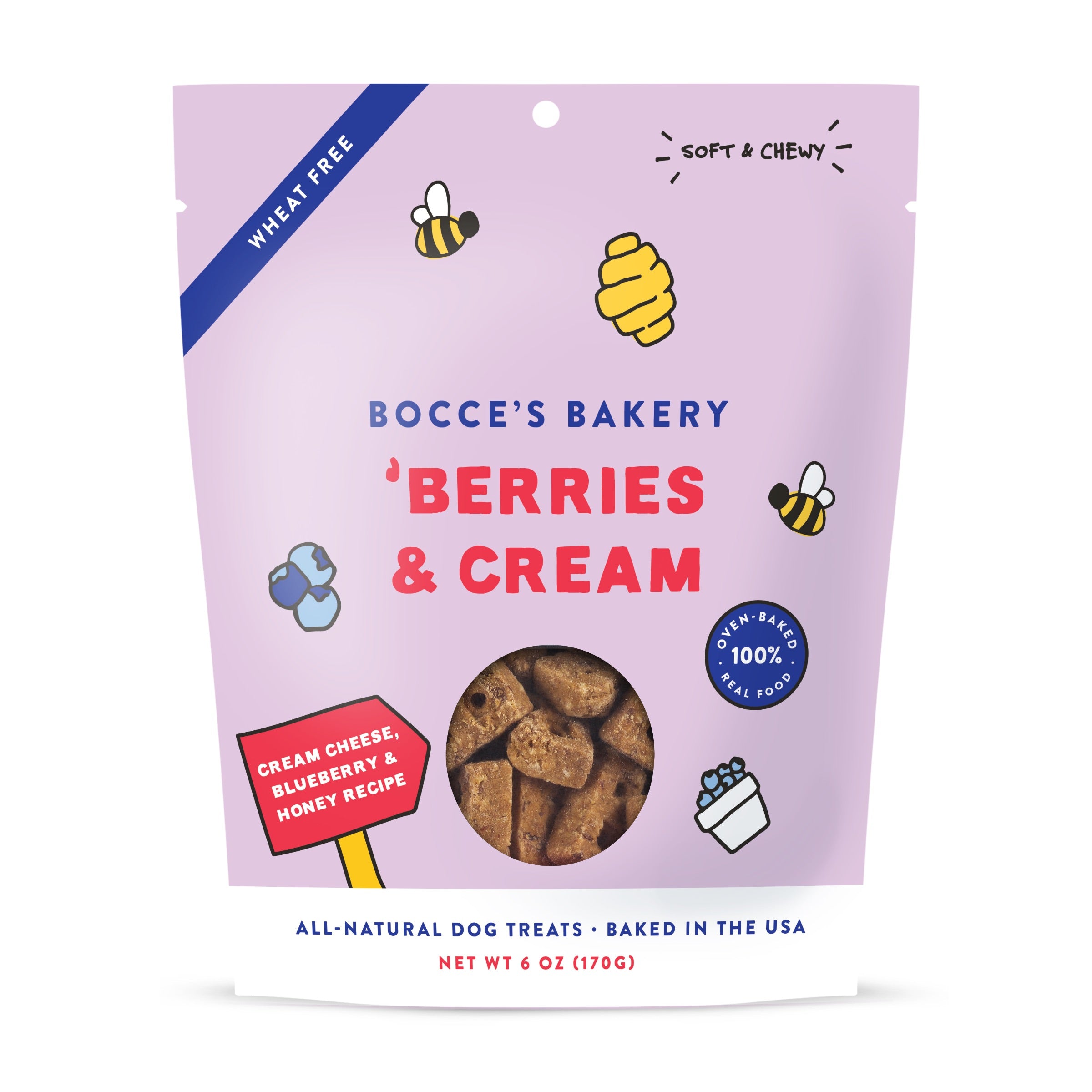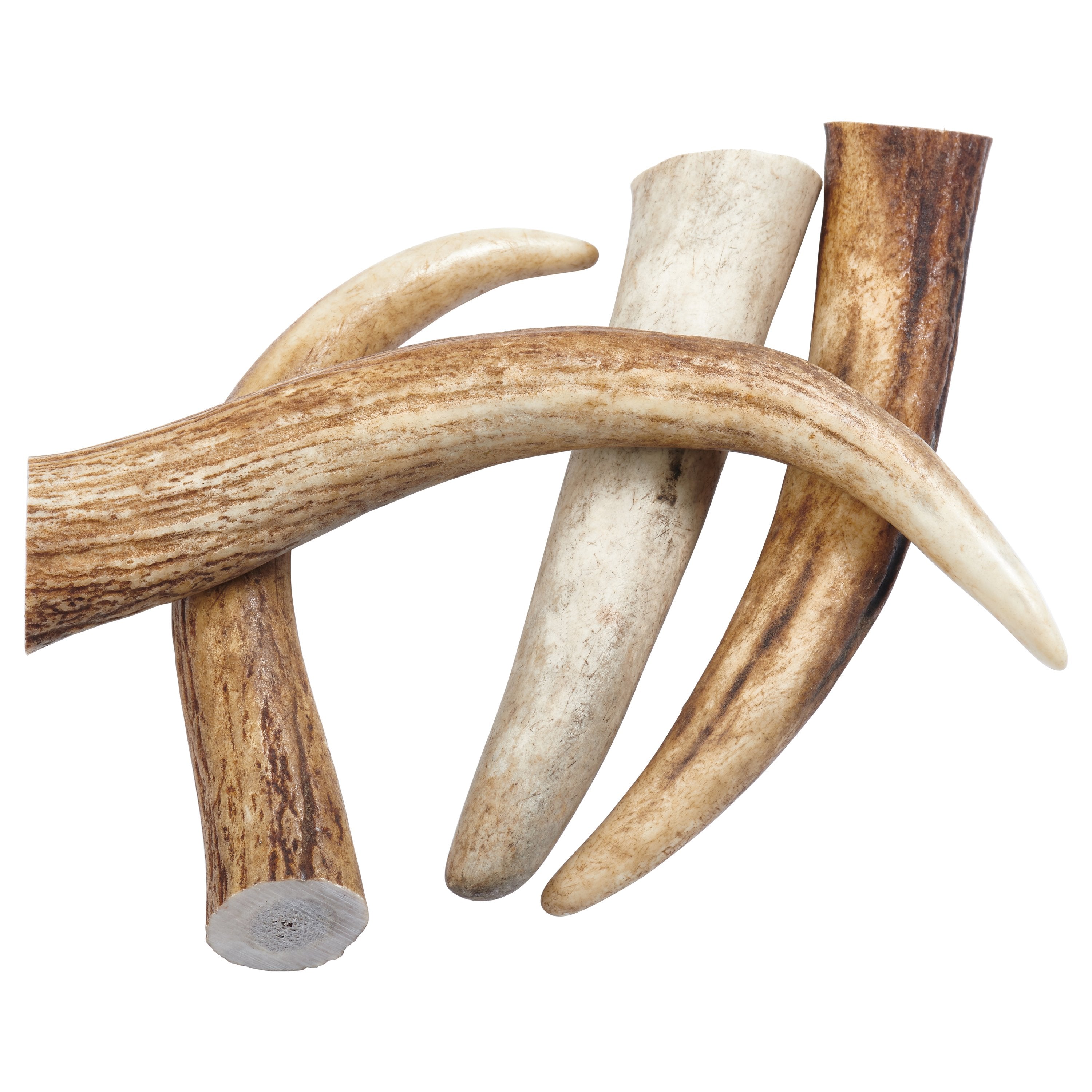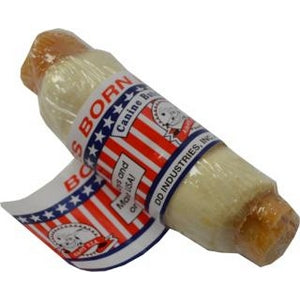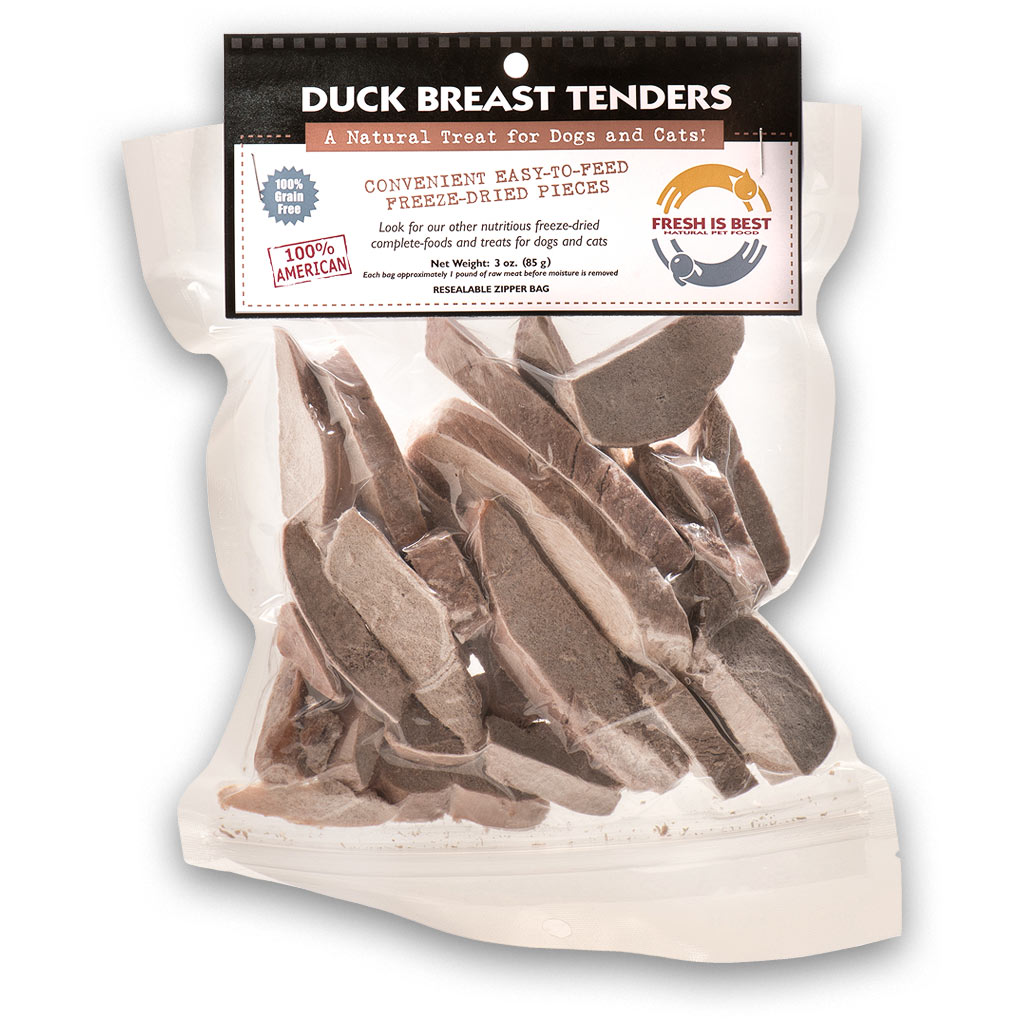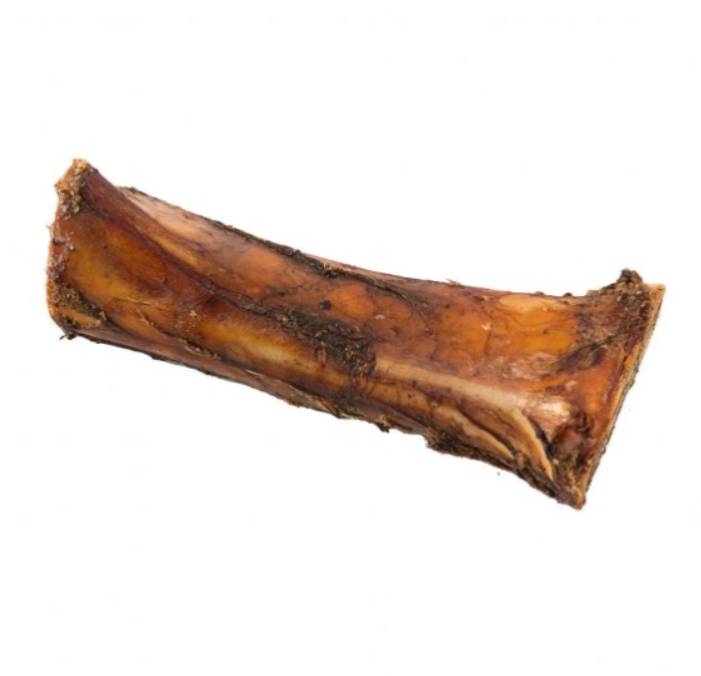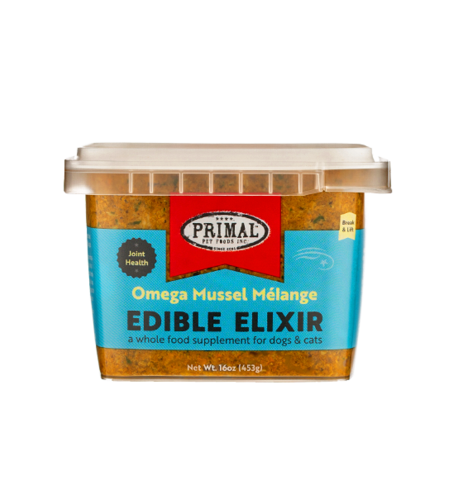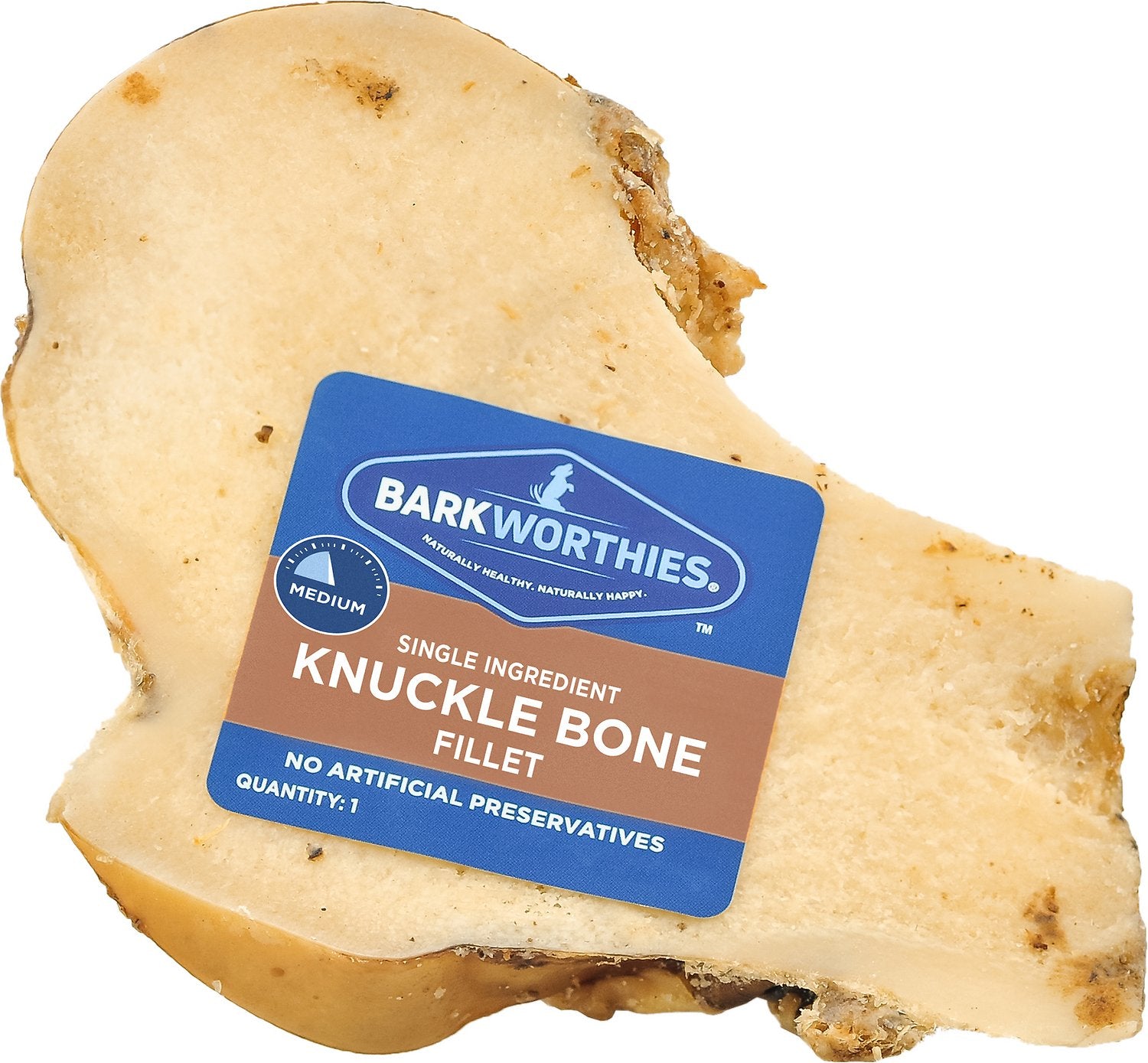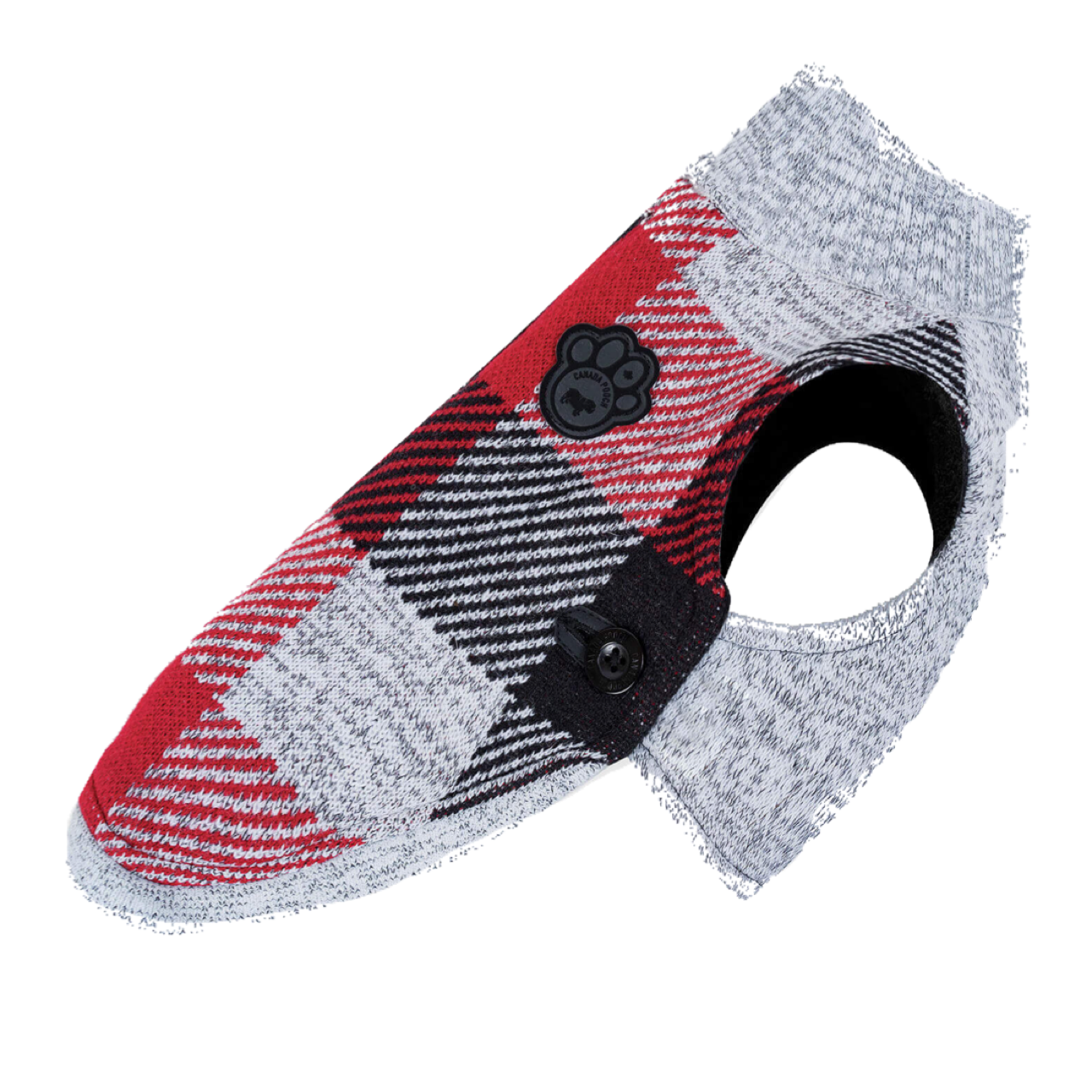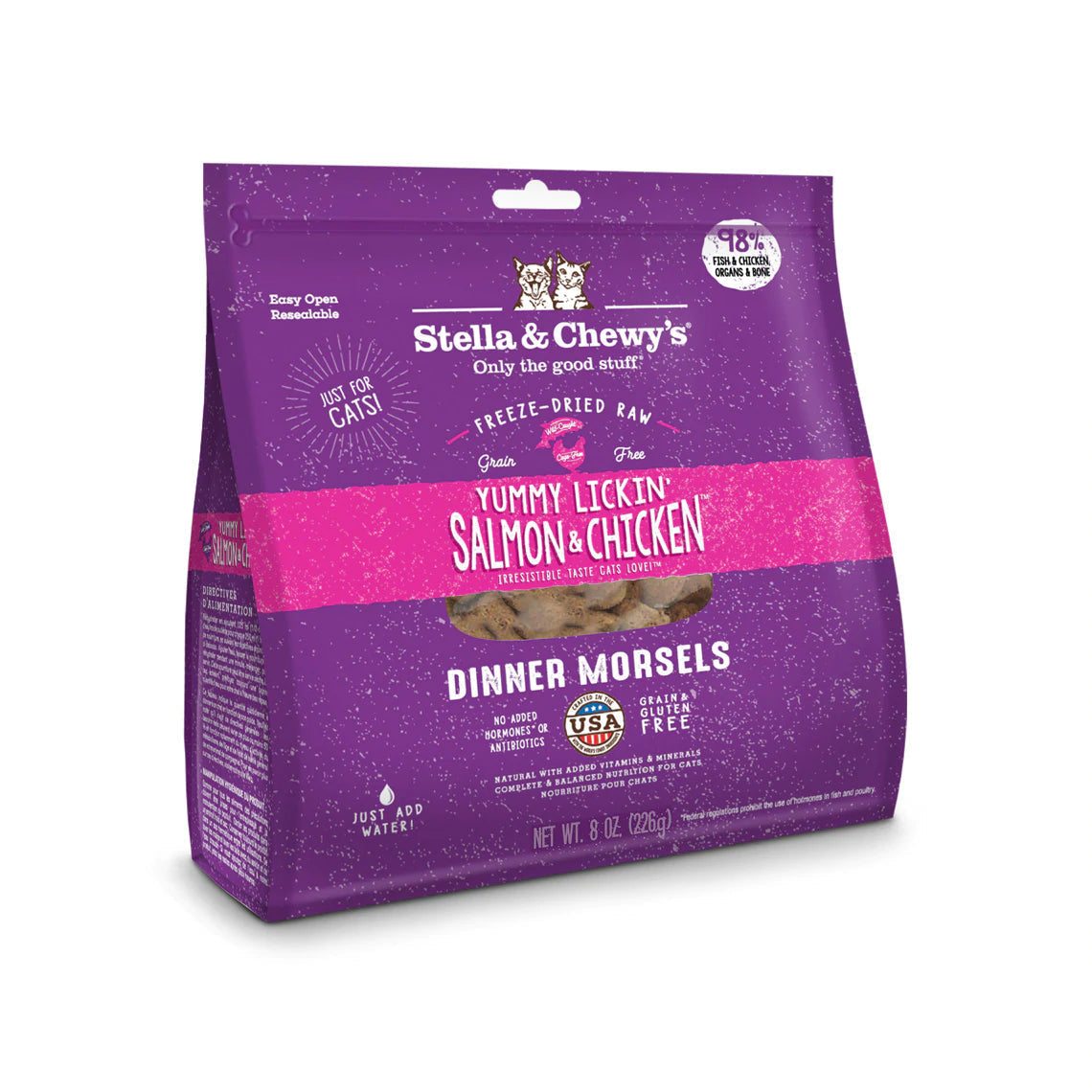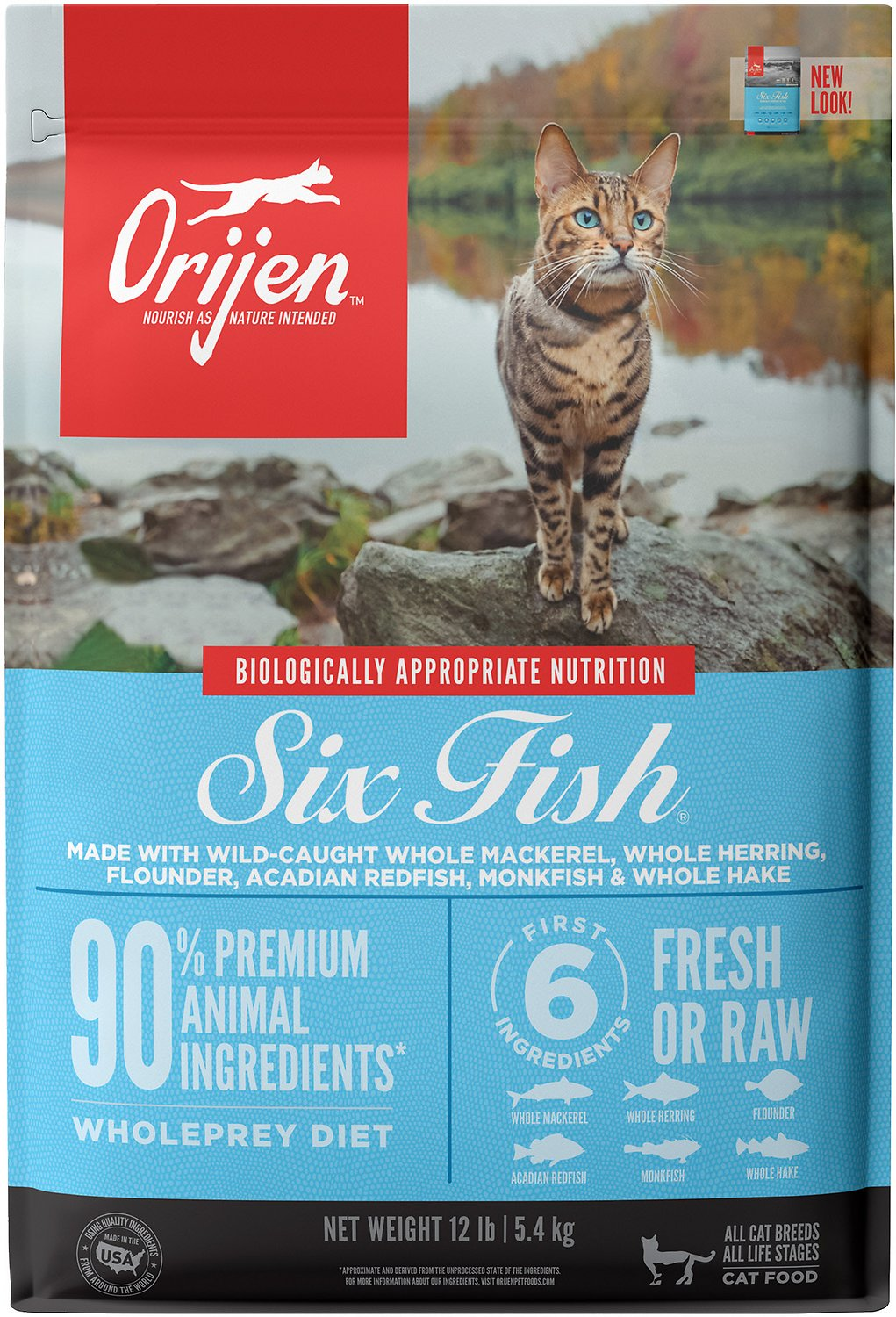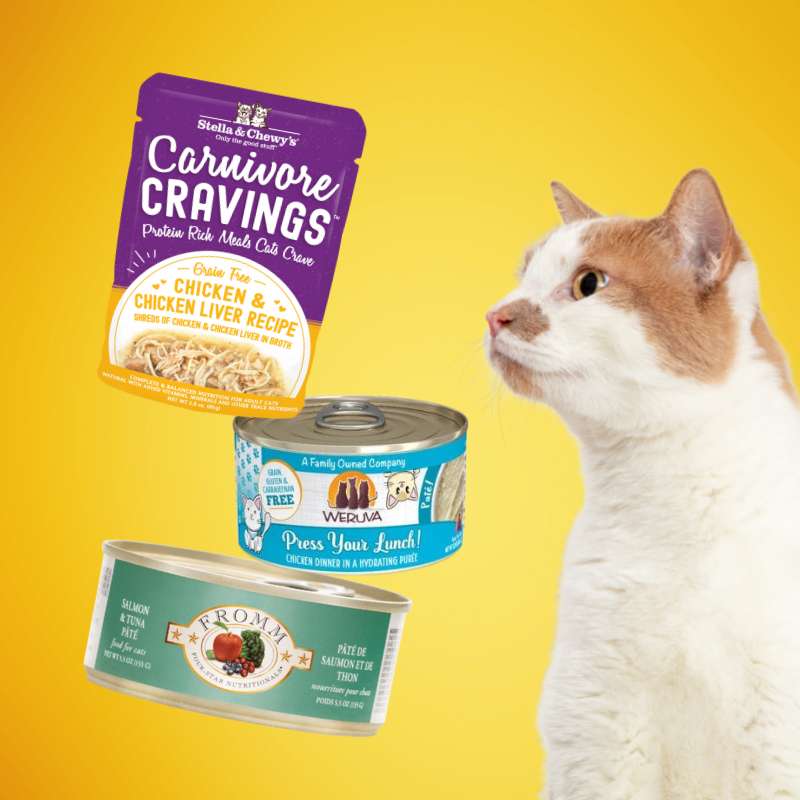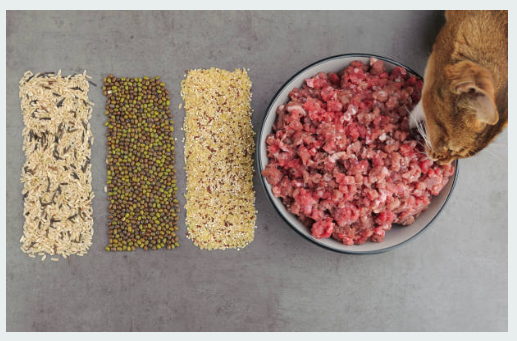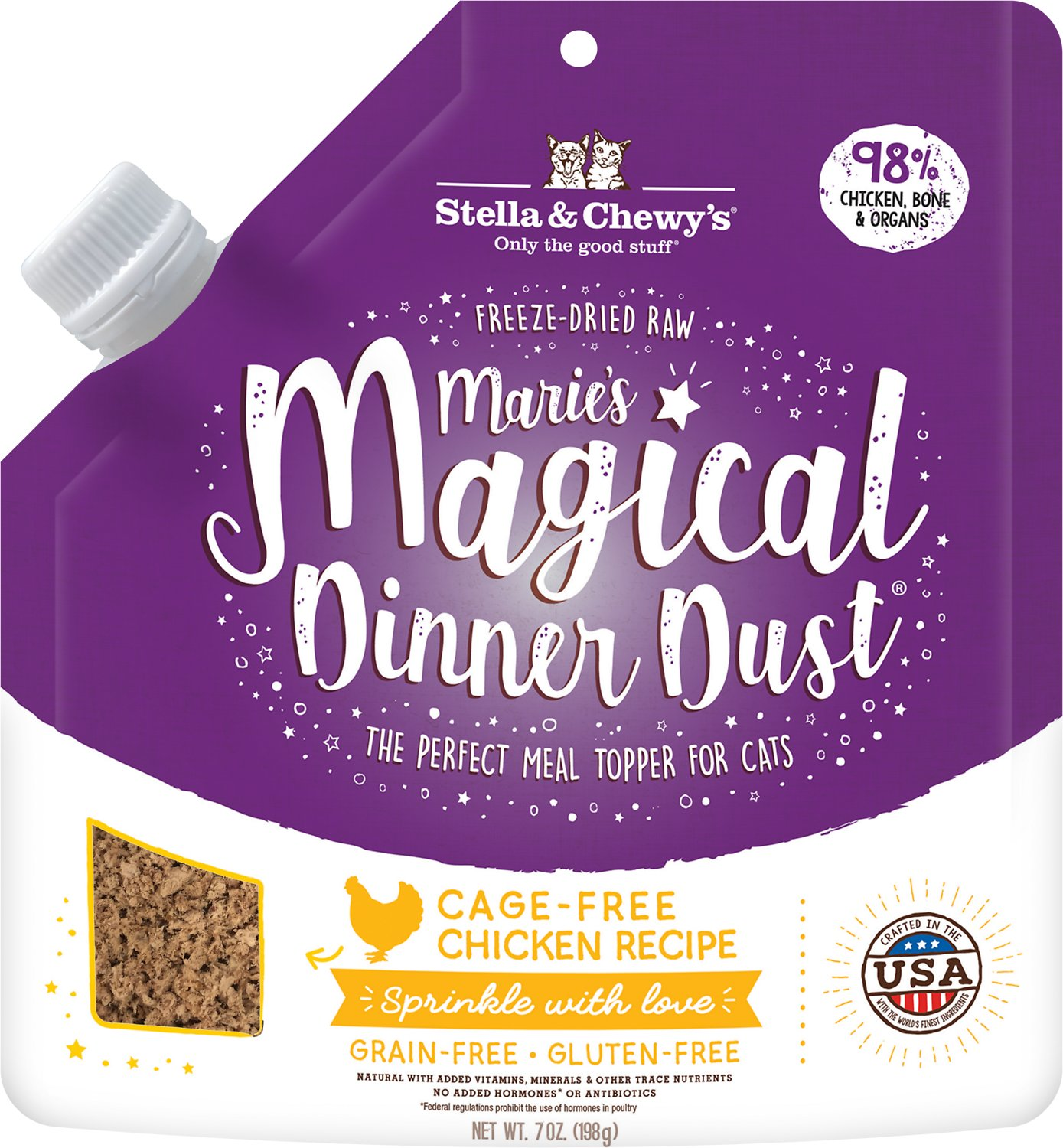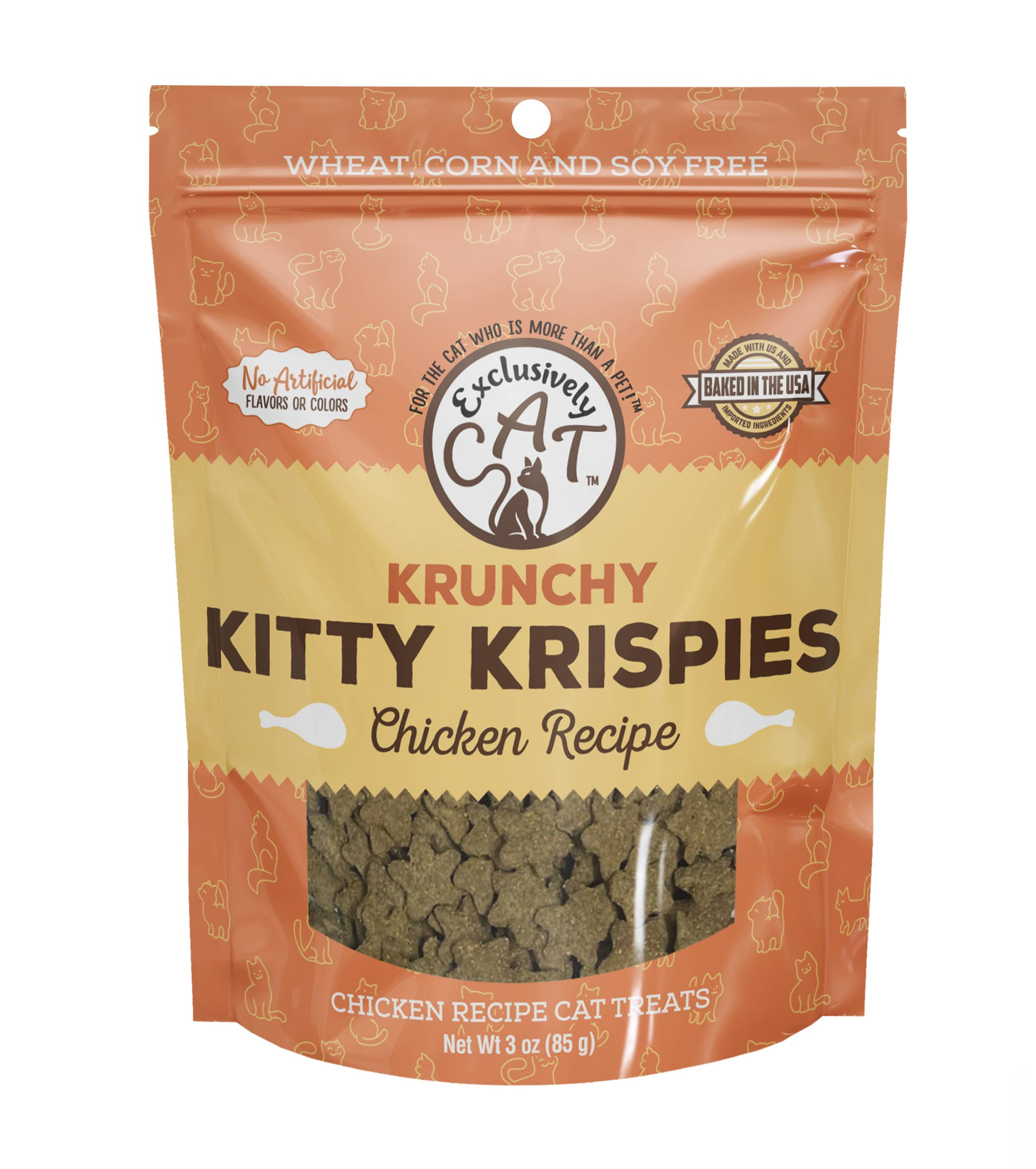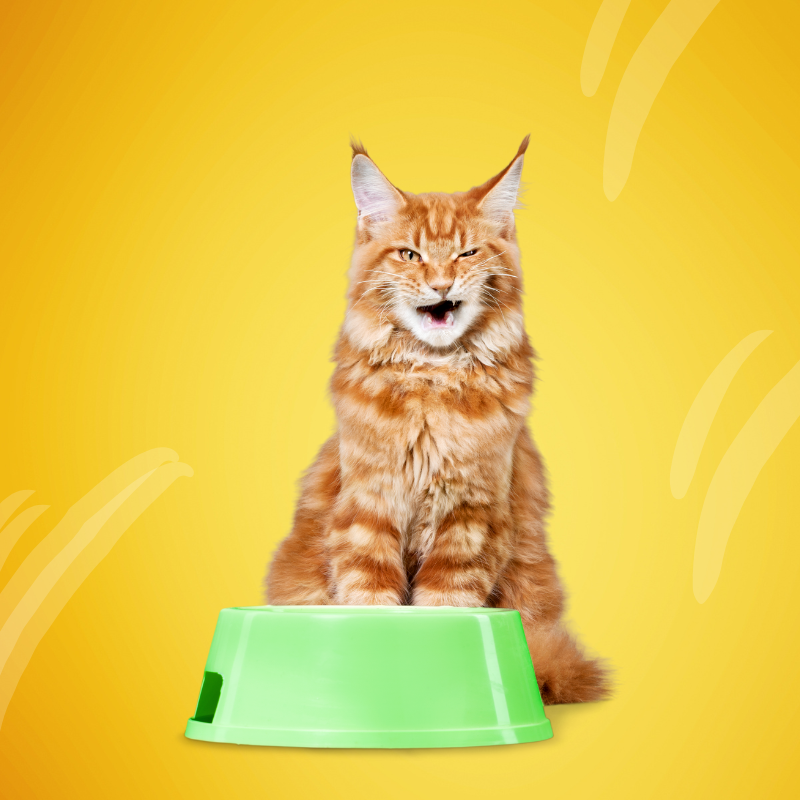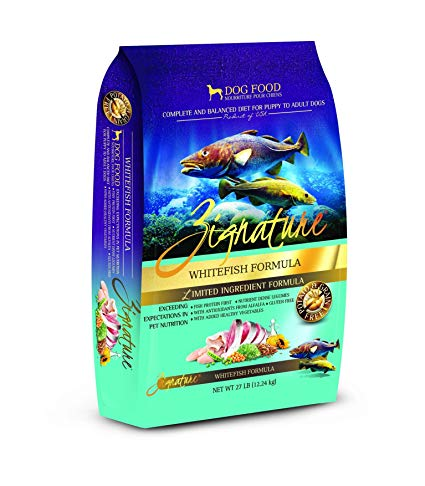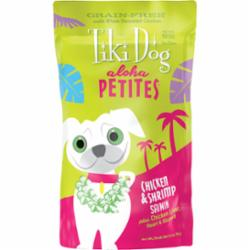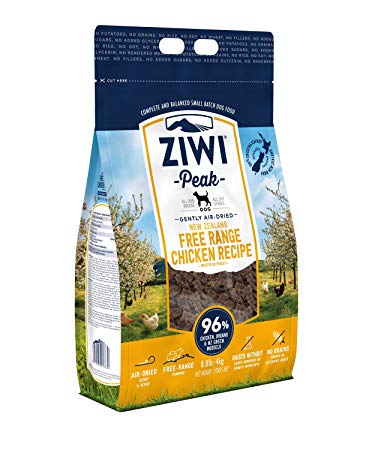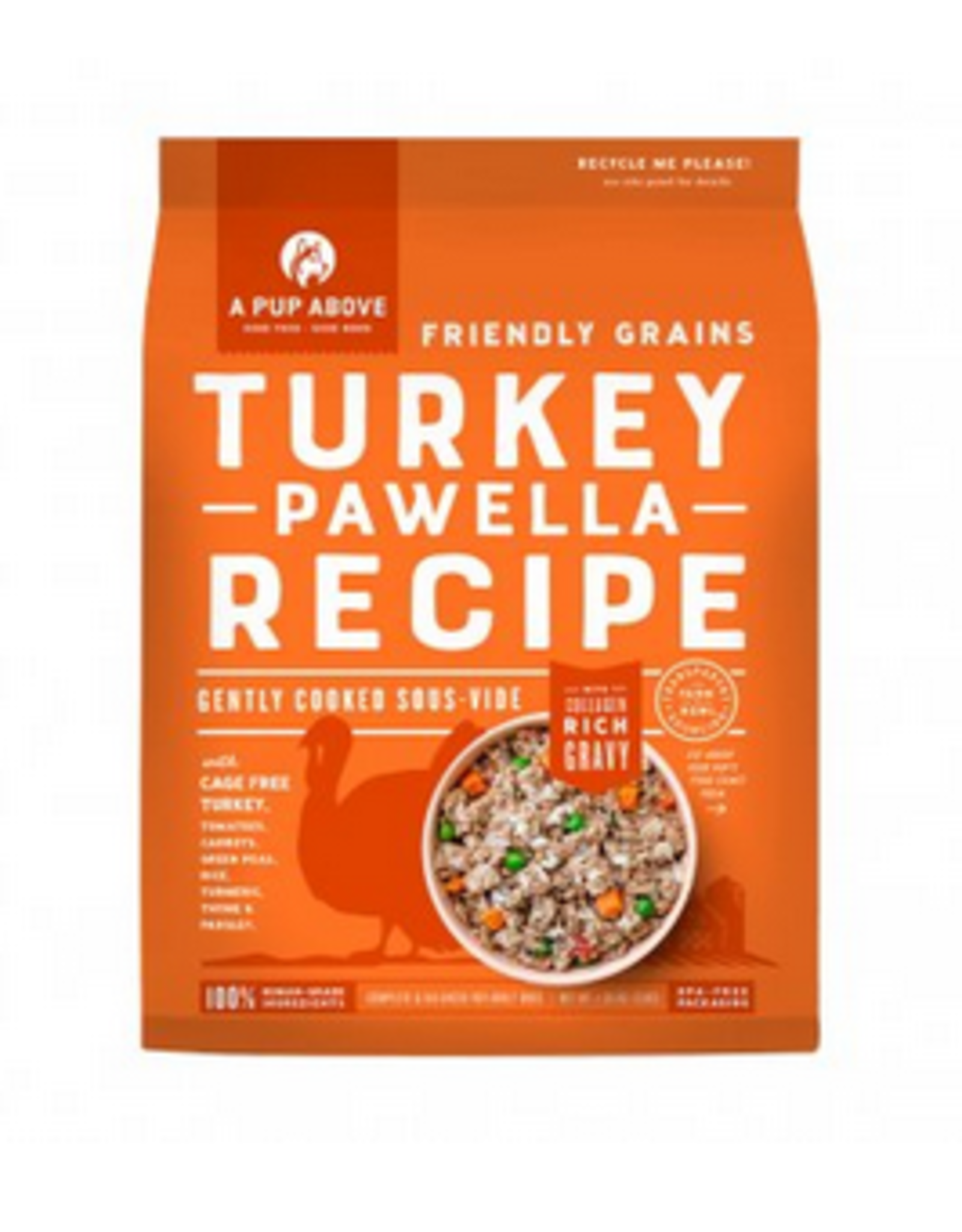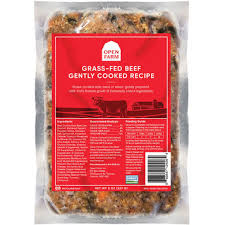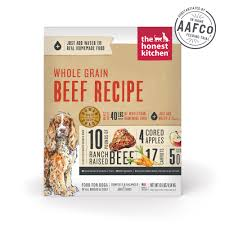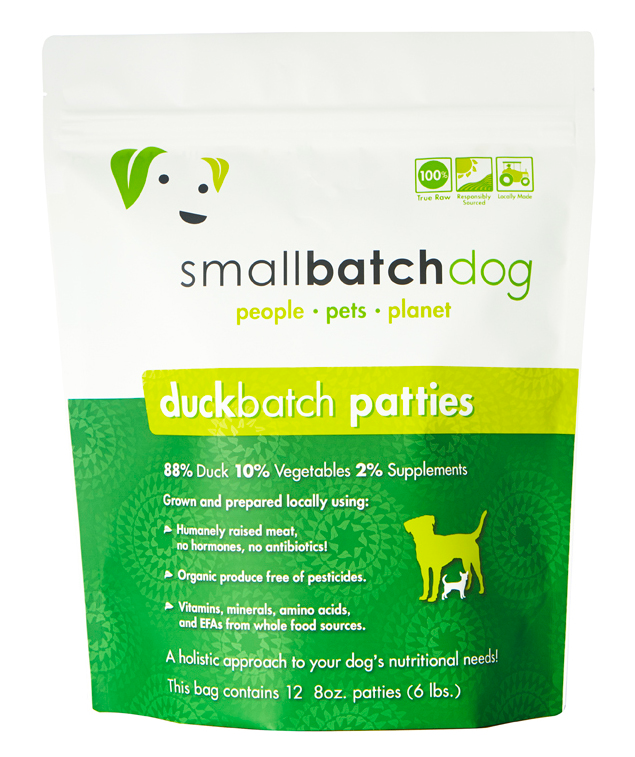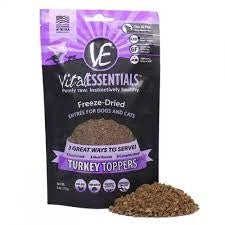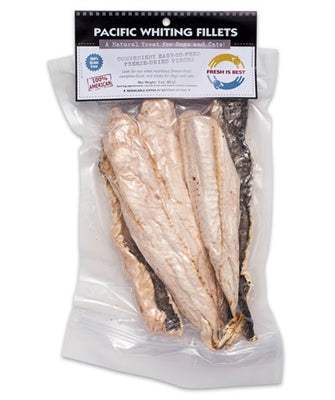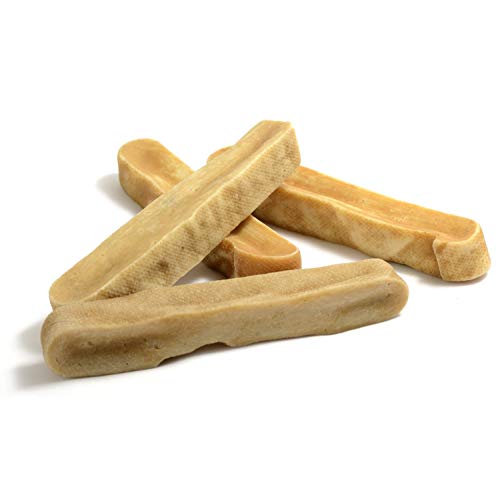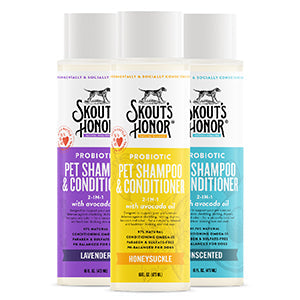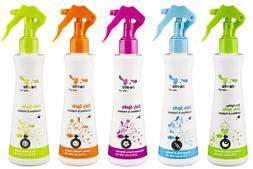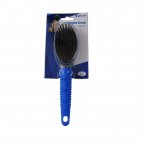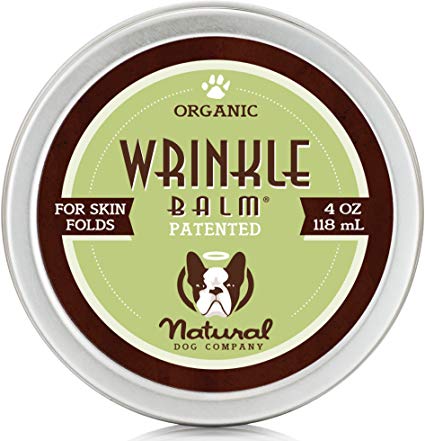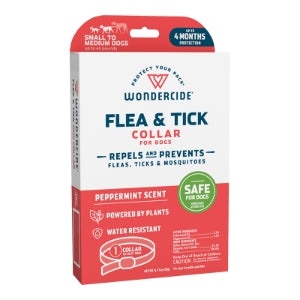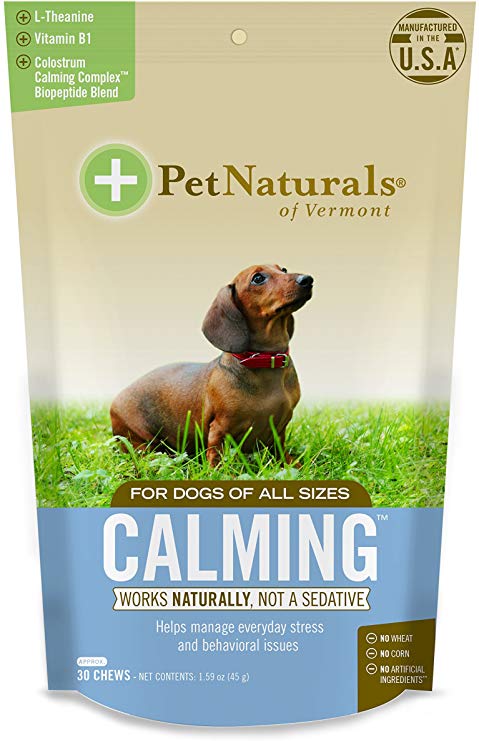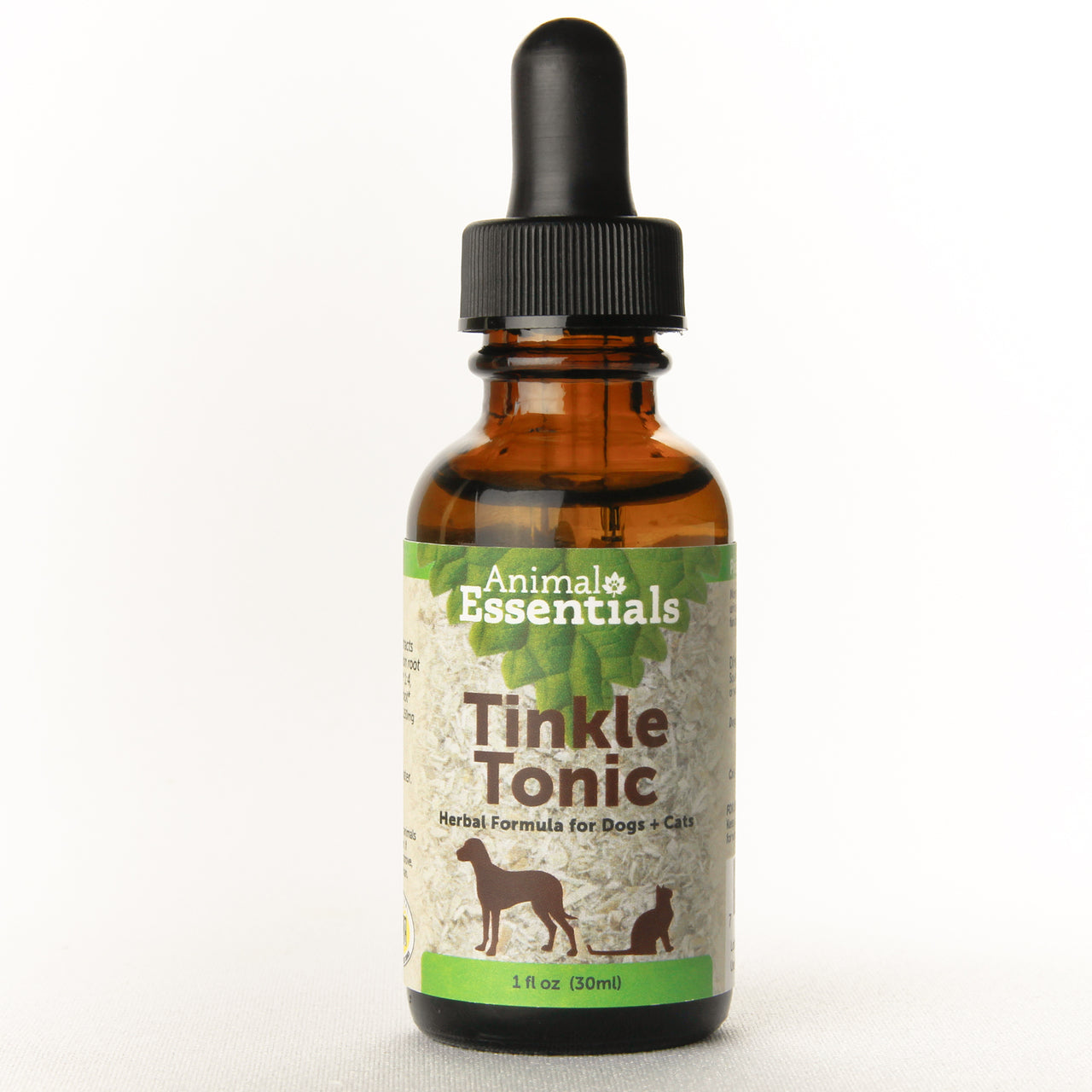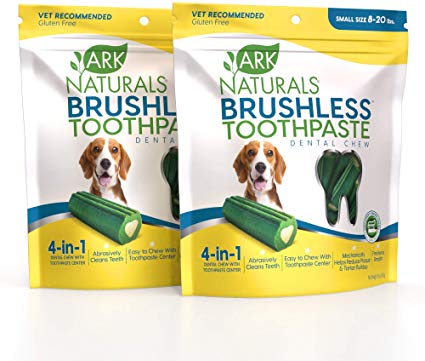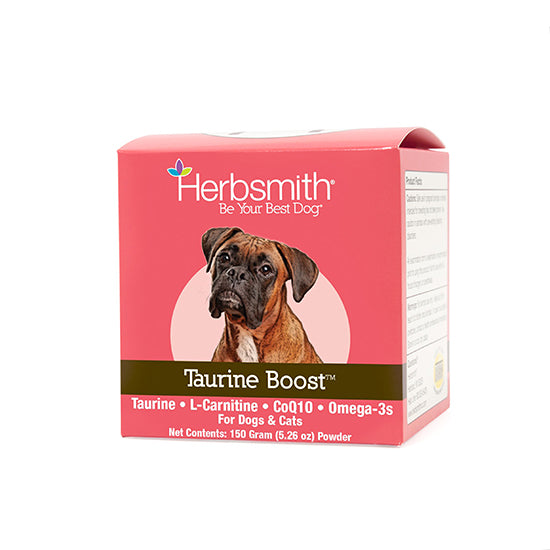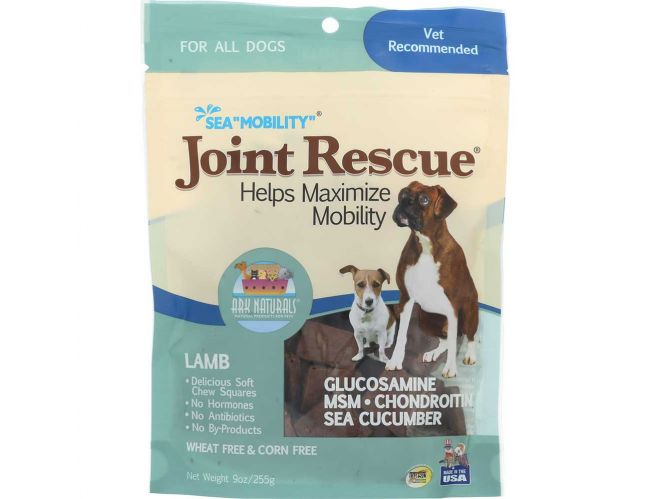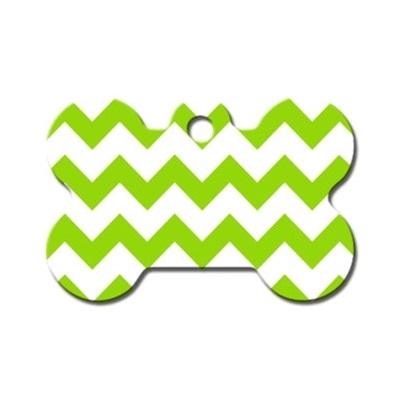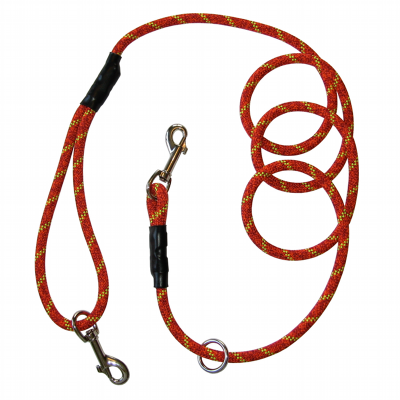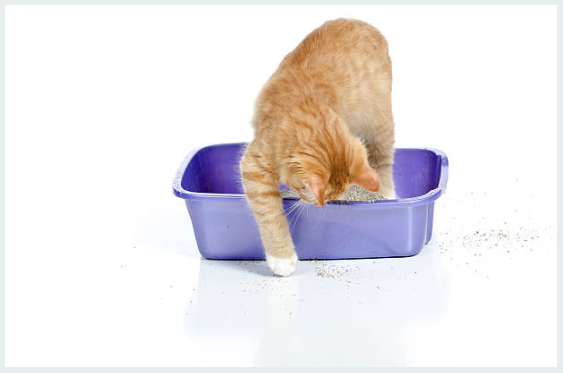Frequently Asked Questions
1. What are superfoods for pets?
2. Why should I include superfoods in my pet's diet?
3. What are some examples of superfoods for pets?
4. How can I incorporate superfoods into my pet's meals?
5. What should I consider when choosing quality superfoods for my pet?
As pet owners, we all want our furry friends to live a long, healthy life. Just like us, our pets need nutritious food to maintain their well-being. One way to ensure your pet gets the important nutrients they need is by incorporating superfoods into their diet. In this post, we will explore the top superfoods for pets, their benefits, and how to easily include them in your pet’s meals. Let’s dive in!
What are Superfoods?
Superfoods are nutrient-rich foods that are considered especially beneficial for health and wellness. These foods are packed with vitamins, minerals, and antioxidants that can help boost your pet's immune system, improve their skin and coat, and contribute to their overall vitality. By adding superfoods to your pet’s diet, you can enhance their daily nutrition and keep them feeling their best.
Why Include Superfoods in Your Pet's Diet?
Incorporating superfoods into your pet's diet has numerous benefits, including:
- Enhanced Nutritional Value: Superfoods are loaded with essential nutrients that may not be present in standard pet food.
- Improved Digestive Health: Many superfoods are rich in fiber, aiding digestion and promoting a healthy gut.
- Stronger Immune System: The antioxidants found in superfoods help combat free radicals, strengthening your pet's natural defenses.
- Better Skin and Coat: Omega fatty acids and vitamins in certain superfoods promote a shiny coat and healthy skin.
- Increased Energy Levels: Nutrient-dense foods can boost energy and vitality in pets, encouraging playtime and exercise.
Top Superfoods for Your Pet
Here are some top superfoods that you can consider adding to your pet's diet:
1. Blueberries
Blueberries are not only a tasty treat for your pet but also packed with antioxidants that help combat aging and disease. These delicious berries are high in fiber and vitamins C and K. You can feed your dog blueberries as a snack or mix them into their food for extra flavor and nutrients. Just be sure to start with a small amount to ensure their tummy can handle it!
2. Pumpkin
Pumpkin is a powerhouse of nutrition and can be a great addition to your pet's diet. It’s rich in fiber and beta-carotene, which promote digestive health and can help regulate your pet’s bowel movements. You can find canned pure pumpkin in stores (avoid those with added sugars) or cook fresh pumpkin to mix into their meals or serve as a tasty treat.
3. Sweet Potatoes
Sweet potatoes are an excellent source of vitamins A, C, and B6, as well as fiber. These tubers can help support your pet’s immune system and improve skin health. You can serve sweet potatoes mashed, in chunks, or baked as a chewy treat. Remember to cook them properly to make them easy for your pet to digest.
4. Spinach
Spinach is full of iron and a variety of vitamins, making it a great leafy green addition to your pet's meals. It contains vitamins A, C, and K, which support bone health, vision, and immune function. You can lightly steam spinach before adding it to your pet’s food to unlock its nutrients while making it easier to digest.
5. Salmon
Salmon is packed with Omega-3 fatty acids, which can promote healthy skin, a shiny coat, and a strong immune system. It’s also a great source of protein. Cooked salmon can be served on its own or mixed into your pet's regular food for an extra flavor boost. Just be sure to remove any bones and avoid seasoning or added oils.
6. Chia Seeds
Chia seeds are tiny nutrient powerhouses that can greatly benefit your pet's nutrition. They are high in Omega-3 fatty acids, fiber, and protein. Mixing a small amount of chia seeds into your pet’s food can help keep them hydrated (they swell when soaked) and provide them with additional nutrients. Just a teaspoon is sufficient for dogs; smaller pets may require less.
7. Carrots
Crunchy and delicious, carrots are a fantastic low-calorie snack for pets. They’re rich in fiber and vitamins, particularly vitamin A, which supports healthy eyesight. You can feed your pet raw baby carrots or steam them for easier chewing. Carrots also make a great training treat and can help keep their teeth clean as they chew!
Tips for Incorporating Superfoods into Your Pet's Diet
Now that we've identified some amazing superfoods, you might be wondering how to incorporate them into your pet’s diet. Here are a few tips:
- Start Slow: Introduce new foods gradually to prevent digestive upset. Start with small amounts and observe how your pet reacts.
- Mix and Match: Combine superfoods with their regular food for added nutrients and flavor. A little experimentation will help find the perfect mix!
- Consider your Pet's Needs: Individual pets have unique dietary needs based on their size, age, and health. Consult with your veterinarian before making any significant changes to their diet.
- Stay Fresh: Use fresh or properly stored superfoods to ensure maximum nutritional value. Avoid any processed varieties that may contain unnecessary additives.
- Watch Portions: Even healthy foods can lead to obesity if fed excessively. Use superfoods as nutrient boosters rather than the main part of your pet's diet.
Understand Your Pet’s Dietary Needs
Every pet is different. Understanding their specific needs, allergies, and sensitivities is crucial when introducing superfoods to their diet. Consult your vet for personalized advice to ensure your choices align with your pet's health condition and dietary needs. They may suggest certain superfoods based on your pet's lifestyle and any existing medical concerns.
How to Choose Quality Superfoods
When selecting superfoods for your pet, always prioritize quality. Here are some guidelines to help you make better choices:
- Source Organic When Possible: Organic options are less likely to contain pesticides or synthetic chemicals, making them a safer choice for your pet.
- Inspect Labels: If you're buying packaged superfoods or treats, check the ingredient list to avoid harmful additives.
- Local and Fresh: Consider sourcing from local farmers' markets where you might find fresher options, or even grow your own pet-friendly herbs and veggies.
The Bottom Line: A Healthier, Happy Pet Ahead!
Incorporating superfoods into your pet's diet can significantly impact their overall health and well-being. With a little creativity and practice, you can make their meals more nutritious and delicious. Always adapt to their personal preferences and monitor their health as you make dietary changes. Your four-legged friend deserves the best, and a well-rounded diet filled with these fantastic superfoods can pave the way for a happier, healthier life.
By paying attention to your pet’s dietary options and exploring the wonderful world of superfoods, you're setting the stage for a vibrant life full of play and joy. Here’s to healthier meals and happier pets!


